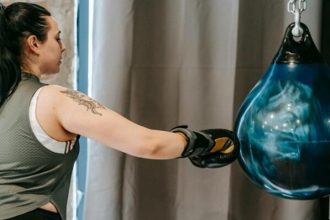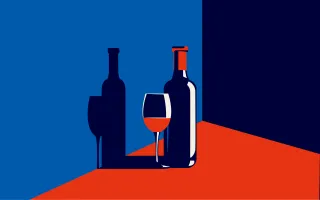I grew up with Sleeping Beauty, Cinderella, and Snow White. In each tale, the slender, young beauty struggled (or slept) because of the wrongs of others.
The spiteful witch, Maleficent, seeks to do damage to an entire village by instigating a spell on our dainty ingenue. And stories being what they are, Beauty pricks her finger on the spindle of a spinning wheel and falls into a coma.
Due to two untimely deaths and marrying to improve one’s status, Cinderella lives a life of desperate servitude with her step-family.
Snow White, also the victim of a bad second marriage, ends up an outcast wandering alone in a forest. But she finds a merry band of hard-working individuals where she cooks, cleans, and serves as a stand-in mom until…
Remembering the old days
Here’s the thing. Beauty, Cindy, and White presumably all need rescuing.
The old mode of storytelling, the trope that I grew up with, always put the titular character in a helpless position. Our star cannot find a way out. She cannot save herself.
Does she even realize her plight?
White seems pretty content to provide a decent home for her diminutive charges.
Cindy altruistically helps her step-sisters in preparing to go to the ball.
And Beauty is unconscious.
In most of these tales, it’s the male hero who comes to the rescue. He shows up to save the day and the helpless leading character.
And then what?
Then she goes off to live happily ever after.
These young female characters don’t find their own personal freedom. They find a different, presumably less stressful life, with their partner. I’m not an expert on fairy tales, or female protagonists, or the mythology of the Disney Princess.
Where are the fairy tale heroes now?
I’m at a point in my own life where I am seeking answers to the fairy tale of my own mortal journey. So far, I don’t live in a palace and my shoes are leather, not glass. And when I have chores to do, my Fairy Godmother does not magically appear.
What if my happily ever after is now? Today?
What if my destiny exists in my own actions? Not those of some random Prince Charming.
What if I do get to decide on my future?
My actions are my responsibility
I get to decide whether or not to write.
I get to decide whether or not to publish.
I get to decide whether to make art or do the dishes.
Fairy tales have become a warped form of entertainment, like the culturally offensive westerns that my 94-year-old mother watches with a kind of nostalgic relish I cannot comprehend.
The future of the fairy tale
I believe that there is a future for fairy tales that will morph to benefit the young people who need those stories of triumph over struggle. I fear film distributors will not find those tales financially profitable to bring them to the big screen, but there are other options that will serve this role.
We need to recognize that stories are just stories.
In his book Why Reading Literature in School Still Matters: Imagination, Interpretation, Insight (2002), Dennis J. Sumara makes the case that story serves as the safe place for each of us to test our own mettle.
Sumara cites an example of a student reading and re-reading The Giver. They (the student) are instructed to ponder both the story’s plot and characters but also how they, the reader, infer their own outcomes and projections based on a similar — albeit fictional — experience.
“Literary engagements have the potential to create experiences that participate in the ongoing project of making and using knowledge” (p. 36).
The reader, the movie goer asks, ‘Were we in that storied situation (both fiction and nonfiction), how would we survive?’ Do the lessons learned from Beauty, Cindy, and White truly benefit our young girls and boys? Or do they continue to reinforce the subtle dominance of the ____? (You can fill in your own blank.)
Happily ever after?
I did not write this post to bash any population. My purpose is to understand my own position. I strive to cast no blame but to take ownership of my position. I believe that my purpose is to inspire others to do their art.
Long have I felt that I must be a worthy role model to do this job. Are my words, my writing, powerful enough? Are they reaching an audience? Are they reaching those who need them the most? Or am I stuck in my larva stage writing solely for my own benefit? Like the athlete lifting weights. Like the musician practicing scales and etudes.
Sumara also argues that “Writers write because they are interested in what the practice of writing helps them to learn” (p. 155).
If that is true for writers, is it not also true for creatives of all genres?
Maybe my fairy tale role model is the dwarf named Doc, the Fairy Godmother, or the unnamed woodsman who directs the hero toward their goal and encourages them to do the right thing.
My purpose is to guide, support, and inspire.
Life is not a fairy tale. It’s better.
More subplots. More characters. More twists and turns. Many possible outcomes.
And just now I realize that I’ve been looking at fairy tales all wrong. It’s not about the happily ever after because we can never live in tomorrow. It’s about the happy now.
















